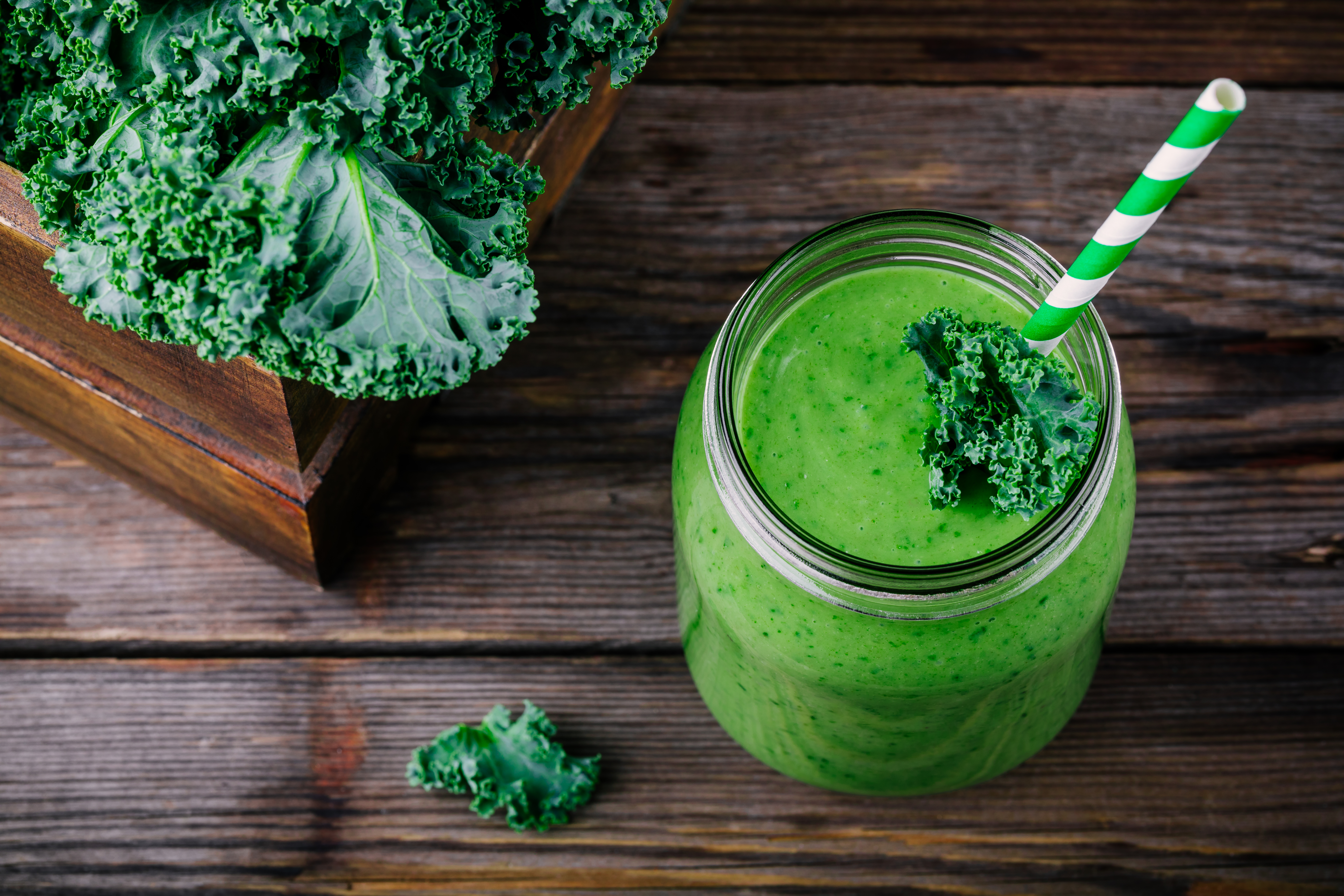Anti-Inflammatory Foods That Will Change Your Life
In recent years, the concept of using food as medicine has gained substantial traction, with particular emphasis on anti-inflammatory diets. Chronic inflammation is a silent antagonist, contributing to a myriad of health issues such as heart disease, diabetes, arthritis, and even certain cancers. However, a powerful arsenal against this bodily foe lies within the foods we consume daily. Anti-inflammatory foods not only help in reducing inflammation but also promise to transform overall health by enhancing immunity, boosting energy, and promoting longevity. This article delves into the world of 11 incredible foods, exploring how they can elevate well-being and provide a natural defense against inflammation. By understanding the science behind these foods, we can make informed choices that align with our health goals and improve our quality of life.
1. Berries: Nature's Antioxidant Powerhouses

Berries, including blueberries, strawberries, and raspberries, are among the most potent anti-inflammatory foods available. Rich in antioxidants such as anthocyanins, these vibrant fruits have been shown to reduce inflammation and oxidative stress. Studies have demonstrated that regular consumption of berries can lower levels of inflammatory markers, such as C-reactive protein (CRP), and improve heart health. The high fiber content in berries also supports digestive health and aids in maintaining a healthy weight, further contributing to reduced inflammation. Incorporating a variety of berries into your diet is an easy and delicious way to harness their anti-inflammatory benefits. Whether enjoyed fresh, frozen, or in smoothies, berries offer a versatile and nutritious addition to any meal plan.
2. Leafy Greens: Nutrient-Dense Inflammation Fighters

Leafy greens, such as spinach, kale, and Swiss chard, are nutritional powerhouses that offer a wealth of anti-inflammatory benefits. These vegetables are rich in vitamins A, C, and K, as well as minerals like magnesium and iron. They also contain phytochemicals, such as flavonoids and carotenoids, which have been shown to reduce inflammation and protect against chronic diseases. The high fiber content in leafy greens supports gut health, which is closely linked to inflammation regulation. Incorporating a variety of leafy greens into your diet can help reduce inflammation, support detoxification, and promote overall health. Whether enjoyed in salads, smoothies, or sautéed as a side dish, leafy greens are a versatile and essential component of an anti-inflammatory diet.
